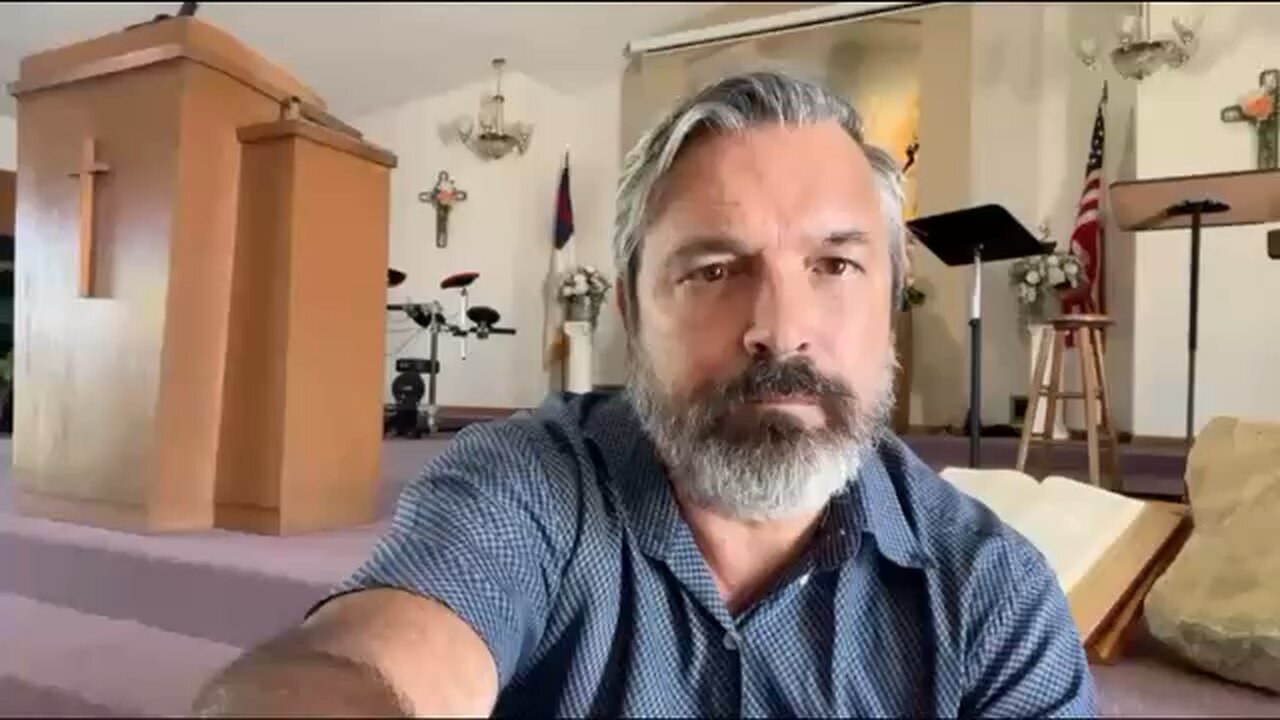Premium Only Content

Cycle of grief.
Dr. Elisabeth Kübler-Ross introduced the five stages of grief as a model to help understand how people cope with loss, whether it is the death of a loved one, a serious diagnosis, or a major life change. These stages—Denial, Anger, Bargaining, Depression, and Acceptance—are not always experienced in a set order. Rather, they reflect the range of emotions people often go through as they attempt to process grief and find a way forward. The model is a tool for recognition and validation of the grieving experience, not a rigid sequence of steps.
The first stage, Denial, acts as a defense mechanism. When people are confronted with overwhelming news, they often refuse to believe or fully accept it at first. This response helps cushion the initial shock by allowing time to gradually process reality. Emotions during this stage may include confusion, fear, or numbness. While denial may appear unhealthy, it often provides necessary breathing room, protecting individuals from being emotionally overwhelmed too quickly.
The second stage, Anger, emerges as reality begins to sink in. Here, the individual may feel frustration, irritation, or even resentment—sometimes directed at others, themselves, or even God. This anger is a natural part of healing, as it helps release the built-up emotional energy that comes with grief. Importantly, it is not a sign of weakness or moral failure but an expression of deep pain. Learning to recognize and process anger constructively is essential to moving forward.
Next comes Bargaining, a stage where individuals attempt to regain a sense of control by negotiating with themselves, others, or a higher power. People may think in terms of “if only” statements—such as wishing they had acted differently or hoping to change the outcome through promises or deals. This stage often reflects an effort to find meaning in the suffering. While bargaining can create cycles of guilt or “what if” thinking, it also demonstrates a person’s deep desire for resolution and understanding.
The fourth stage, Depression, is marked by feelings of helplessness, deep sadness, and withdrawal. This is often the heaviest stage, as the individual confronts the reality of the loss. Unlike clinical depression, which may require medical attention, this grief-related depression is a normal emotional response to loss. It reflects the depth of one’s love and connection. While painful, this stage can also bring clarity and prepare the way for healing. Finally, Acceptance arrives when an individual begins to embrace the new reality. Acceptance does not mean the loss is forgotten or the pain is erased, but it signifies readiness to explore new options, adapt to changed circumstances, and move forward in life with renewed hope.
-
 LIVE
LIVE
BEK TV
23 hours agoTrent Loos in the Morning - 10/29/2025
202 watching -
 15:09
15:09
BlackDiamondGunsandGear
11 hours agoTop 5 Pistols UNDER $400
49.9K15 -
 LIVE
LIVE
Flex011
6 hours agoCan We All Survive the Night? 😱 | UNTIL DAWN Horror Adventure LIVE!
167 watching -
 8:31
8:31
Hollywood Exposed
14 hours agoJoe Rogan Just EXPOSED Who’s REALLY Behind the “No Kings” Protests
18K3 -
 34:29
34:29
Uncommon Sense In Current Times
17 hours ago $0.01 earnedFaith at Work | Mike Sharrow on Living Boldly for Christ in Business
15.6K -
 1:50:34
1:50:34
Midnight In The Mountains™
2 hours ago☕ Morning Coffee w/ Midnight & The Early Birds of Rumble | 3i/ATLAST?! Caribbean Screwed
6.07K2 -
 LIVE
LIVE
DynastyXL
2 hours agoTriple Threat Challenge | Fortnite | PUBG | WZ |
18 watching -
 7:37
7:37
The Shannon Joy Show
15 hours agoThe U.S. Economy is in SHAMBLES.
9.37K19 -
 48:03
48:03
Coin Stories with Natalie Brunell
20 hours agoChristianity and Bitcoin: Why ‘You Shall Not Steal’ Demands Hard Money Not Fiat
26.9K6 -
 22:38
22:38
Professor Nez
19 hours agoI've NEVER Seen Tucker Carlson like THIS...
21.2K18